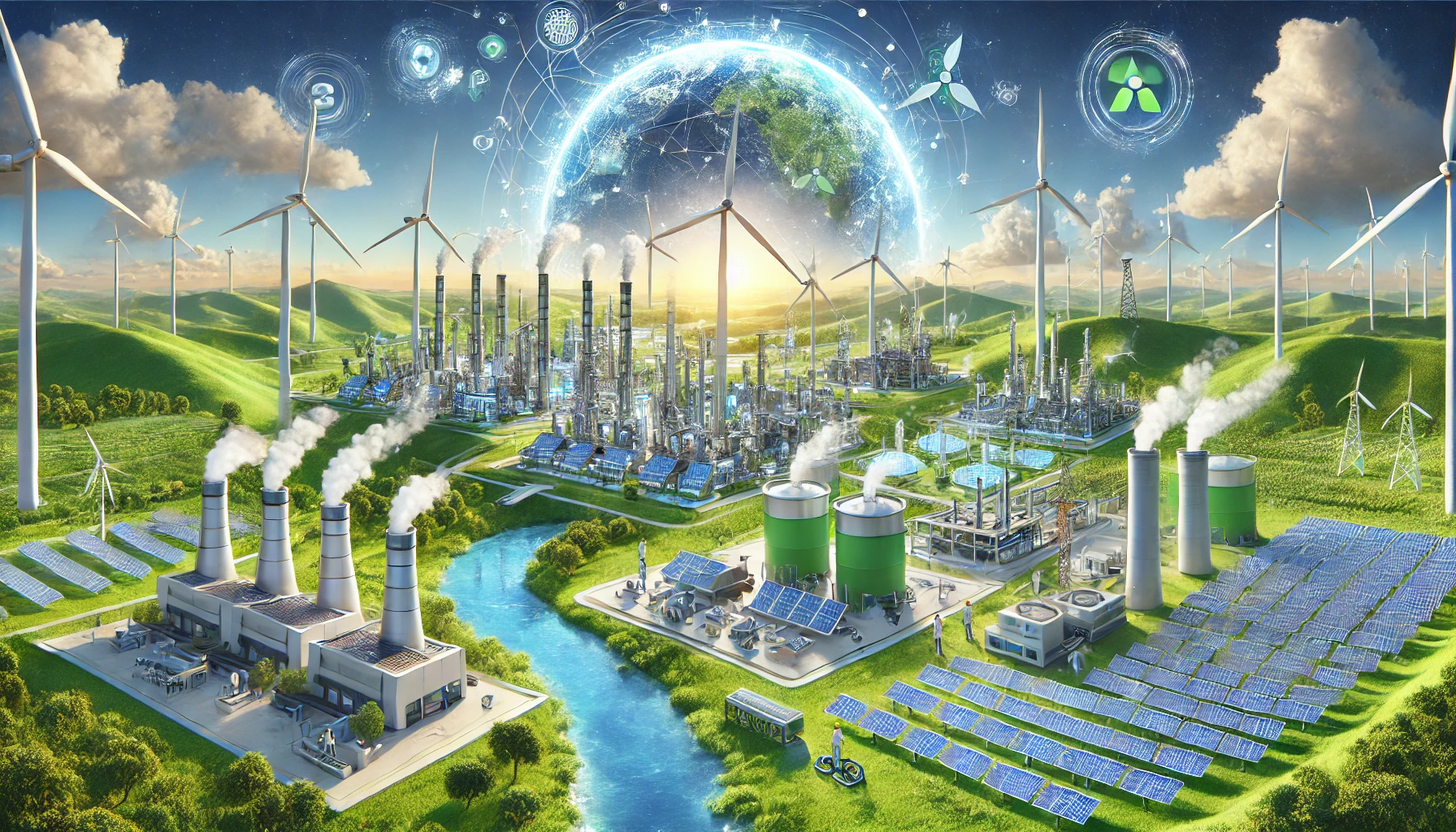Indonesia's Renewable Energy Dilemma: Balancing Growth and Deforestation
Indonesia aims to boost renewable energy with biofuels to achieve net-zero emissions by 2060, risking significant deforestation. While biofuels reduce expensive imports and spur economic growth, they may lead to high deforestation impacts. Environmentalists urge investment in alternative renewables like solar and wind to mitigate climate change effectively.

Indonesia's ambitious journey toward net-zero emissions by 2060 is sparking a heated debate among environmentalists, who warn that the heavy reliance on biofuels could lead to a surge in deforestation. Currently dependent on coal, the country aims to boost its renewable electricity generation to 75 gigawatts in the next 15 years, drastically up from the present 13 gigawatts.
The government has portrayed biofuels as a pivotal part of this transition, expected to slash expensive fuel imports and greenhouse gases while boosting the economy. Biofuels, mostly derived from palm oil and sugarcane, could, however, demand extensive land use, potentially endangering Indonesia's critical tropical rainforests.
Critics argue that alternative renewable sources, like solar and wind, which remain largely untapped in Indonesia, should be prioritized. As the world's largest producer of palm oil pushes for increased production, concerns grow over the environmental toll, with calls for curbing exports to save local forests.
(With inputs from agencies.)
ALSO READ
Vanuatu Champions Legal Battle Against Climate Change at UN Court
Island Nations Demand Justice: UN Court Faces Landmark Climate Change Case
Global Court Debates Climate Change Accountability
RBI's Roadmap to Combat Climate Change Risks in Financial Systems
IMPART: A New Tool in Climate Change Tracking by IIT Bombay










